Attracting Millennials to Your Organization: 10 Proven Techniques
Attracting Millennials to Your Organization: 10 Proven Techniques for Information Technology/IT Talent Recruitment
Introduction:
The arrival of the millennial generation in the workforce has brought about significant changes in the way organizations operate and attract talent. With their unique set of values, aspirations, and expectations, it is crucial for companies to understand how to effectively appeal to this generation. In this fast-paced and technology-driven era, organizations must adapt their strategies to encompass the desires and needs of this tech-savvy demographic. This blog post will explore ten proven techniques that can help your organization attract millennials and create a thriving environment for them to excel. Whether it’s fostering a flexible work culture, prioritizing personal and professional growth, or embracing the latest technology trends, these techniques will arm you with the tools you need to successfully engage and retain millennial employees. By implementing these strategies, your organization can tap into the immense potential and wealth of talent that millennials bring to the table, ensuring long-term success in the ever-evolving digital landscape.
1. Embrace a Flexible Work Culture:
The first strategy companies can employ to attract and retain millennial IT talent is by embracing a flexible work culture. Millennials highly value work-life balance and seek opportunities that prioritize their personal lives while allowing them to excel professionally. Offering flexible work hours, remote work options, and inclusive policies can significantly appeal to this generation. One example is the case of Company XYZ, which implemented a flexible work culture, resulting in increased productivity and reduced turnover among its millennial IT employees.
2. Prioritize Personal and Professional Development:
Millennials are known for their desire to continually learn, grow, and acquire new skills. Therefore, organizations must prioritize personal and professional development opportunities to attract and retain millennial IT talent. Providing mentorship programs, sponsoring relevant certifications, and offering internal training initiatives can not only empower these individuals but also foster loyalty and dedication. A notable example is Tech Company ABC, which implemented a robust mentorship program that resulted in increased millennial employee engagement and retention rates.
3. Foster a Collaborative and Inclusive Environment:
Creating a collaborative and inclusive work environment is crucial to attract and retain millennial IT talent. Millennials value teamwork, diversity, and a sense of belonging within their workplaces. Encouraging cross-functional collaboration, fostering diversity and inclusion initiatives, and promoting open communication channels can help organizations meet these expectations. A prime example is Organization DEF, which implemented an inclusive workplace culture resulting in improved morale and productivity among millennial IT employees.
4. Provide Meaningful Work and Social Impact Opportunities:
Millennials are driven by purpose and seek organizations that offer meaningful work and social impact opportunities. Therefore, organizations must align their values and mission with millennial aspirations to attract and retain IT talent. One effective strategy is to engage in corporate social responsibility (CSR) initiatives, such as volunteering programs or sustainability projects. The success story of Non-Profit GHI showcases the positive impact of providing meaningful work and social impact opportunities on attracting and retaining millennial IT professionals.
5. Embrace and Leverage Advanced Technologies:
In this technology-driven era, organizations must embrace and leverage advanced technologies to not only attract millennial IT talent but also to stay competitive in the market. Offering the latest tools and technologies, showcasing a commitment to innovation, and investing in emerging domains like artificial intelligence (AI) or cybersecurity can attract top millennial talent. A successful example is Tech Startup JKL, which embraced cutting-edge technologies resulting in increased millennial IT employee engagement and recruitment success.
6. Promote Work-Life Integration and Well-being:
Millennials strive for work-life integration rather than a strict work-life balance. Organizations can attract and retain millennial IT talent by prioritizing well-being initiatives and supporting their employees in achieving a healthy work-life integration. Implementing wellness programs, offering flexible time-off policies, and promoting mental health support can result in increased productivity and loyalty. An inspiring case study is Company MNO, which implemented work-life integration initiatives resulting in improved employee well-being and satisfaction among millennial IT professionals.
7. Encourage Diversity in Leadership Positions:
Millennials value diversity and seek organizations that foster an inclusive and diverse leadership landscape. To attract and retain millennial IT talent, companies should prioritize diversity in leadership positions. Offering mentoring and sponsorship programs, ensuring transparency in promotion processes, and cultivating an environment that values diverse perspectives can contribute to the success of this strategy. A remarkable example is Corporation PQR, which actively promoted diversity in leadership, creating a welcoming environment for millennial IT professionals.
8. Provide Competitive Compensation and Benefits:
To successfully attract and retain millennial IT talent, organizations must offer competitive compensation and benefits packages. Millennials value fair and market-driven salaries, along with benefits that cater to their overall well-being. Companies should conduct comprehensive salary benchmarking and tailor benefits to align with millennial desires, providing perks like student loan repayment assistance or flexible healthcare options. A noteworthy example is Industry Leader STU, which implemented attractive compensation and benefits packages, resulting in high millennial IT employee satisfaction and retention rates.
9. Develop a Strong Employer Brand:
A strong employer brand is vital for attracting millennial IT talent, as millennials highly value corporate culture and reputation. Organizations should develop a compelling employer brand that effectively communicates their company values, work culture, and commitment to employees. Engaging in employer branding activities, such as participating in industry events, showcasing testimonials from current millennial IT employees, and maintaining a strong online presence, can significantly enhance recruitment efforts. A prime example is Global Company VWX, which built a strong employer brand resulting in increased interest and applications from millennial IT professionals.
10. Provide Opportunities for Meaningful Feedback and Transparency:
Millennials appreciate transparency, constructive feedback, and regular communication within their workplaces. To attract and retain millennial IT talent, organizations should establish channels for meaningful feedback and provide transparent information regarding company goals, performance evaluations, and career progression opportunities. Implementing regular performance discussions, conducting anonymous employee surveys, and fostering open-door policies can create a culture of transparency and trust. An inspiring case study is Organization YZA, which implemented a feedback-driven culture resulting in heightened millennial IT employee satisfaction and loyalty.
Conclusion:
In today’s digital landscape, attracting millennial IT talent requires organizations to adapt their strategies and embrace new approaches. By adopting the ten proven techniques explored in this article, companies can successfully engage and retain millennial employees, ultimately gaining a competitive edge in the talent market. Remember, it is essential to regularly evaluate and adapt these strategies to align with evolving millennial expectations and industry trends. By continuously investing in the recruitment and retention of millennial IT talent, organizations can ensure long-term success and growth in the fast-paced and ever-changing Information Technology sector.





